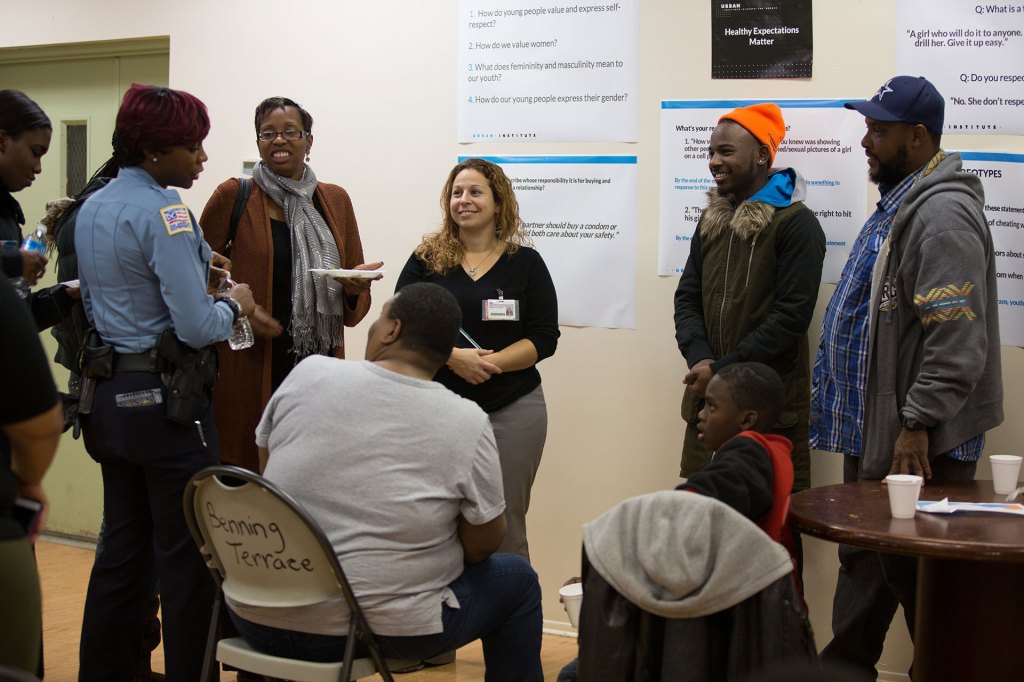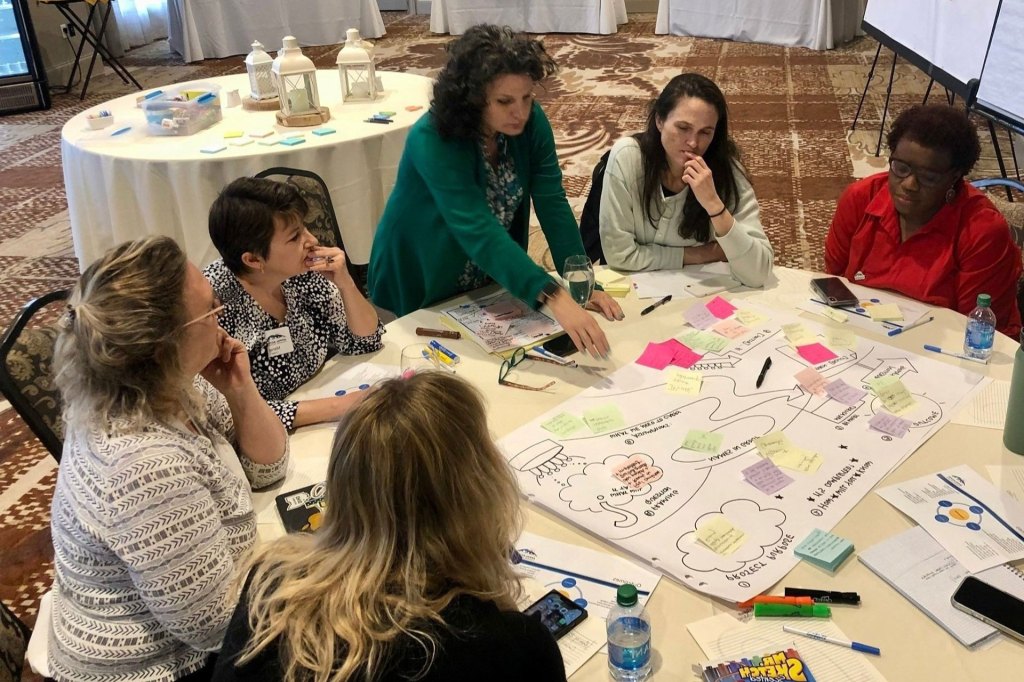Equitable Development
-
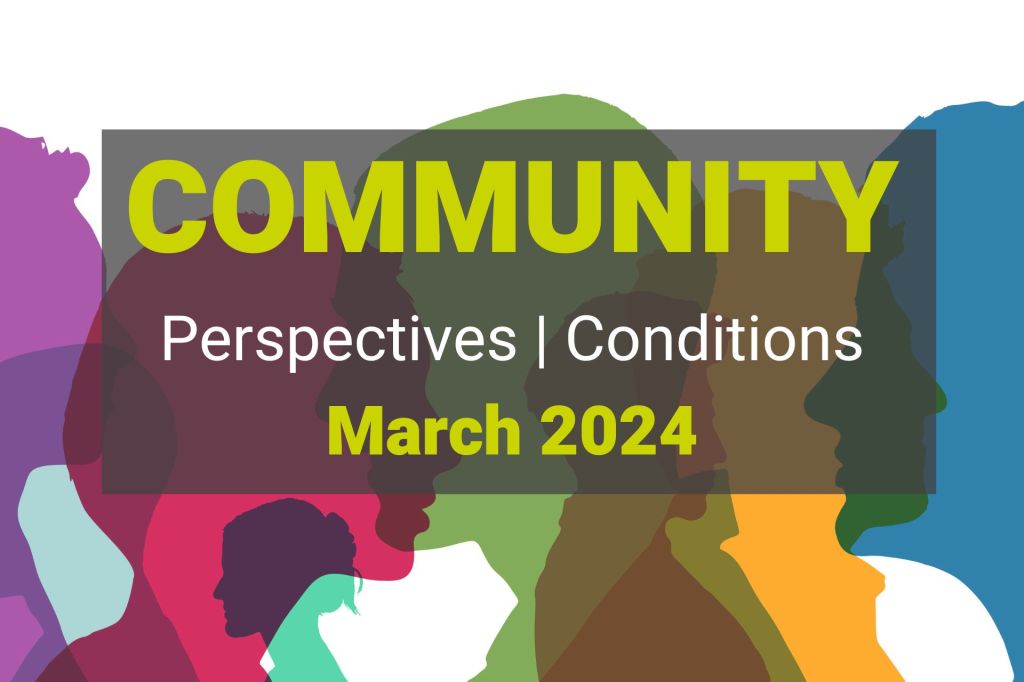
Community perspectives and conditions from the Fed’s Beige Book, March 2024
Here’s what nonprofit and community leaders, and workforce professionals serving lower-income people shared with the Federal Reserve for the March 2024 Beige Book.
-
![[Watch] Building Capacity of Community-Based Organizations](https://fedcommunities.org/wp-content/uploads/2024/01/connecting-communities-building-capacity-community-based-organizations.png?w=1024)
[Watch] Building Capacity of Community-Based Organizations
Explore the innovative strategies employed by community-based organizations (CBOs) nationwide. Gain valuable insights into guiding principles for effectively dispersing funds to underserved communities and strategies for building capacity of CBOs. Watch or listen on demand.
-

Recipes for rural prosperity as populations change
Some rural areas are shrinking as young people move away, while others are absorbing an influx of newer US residents. What should rural communities consider as their populations shift?
-
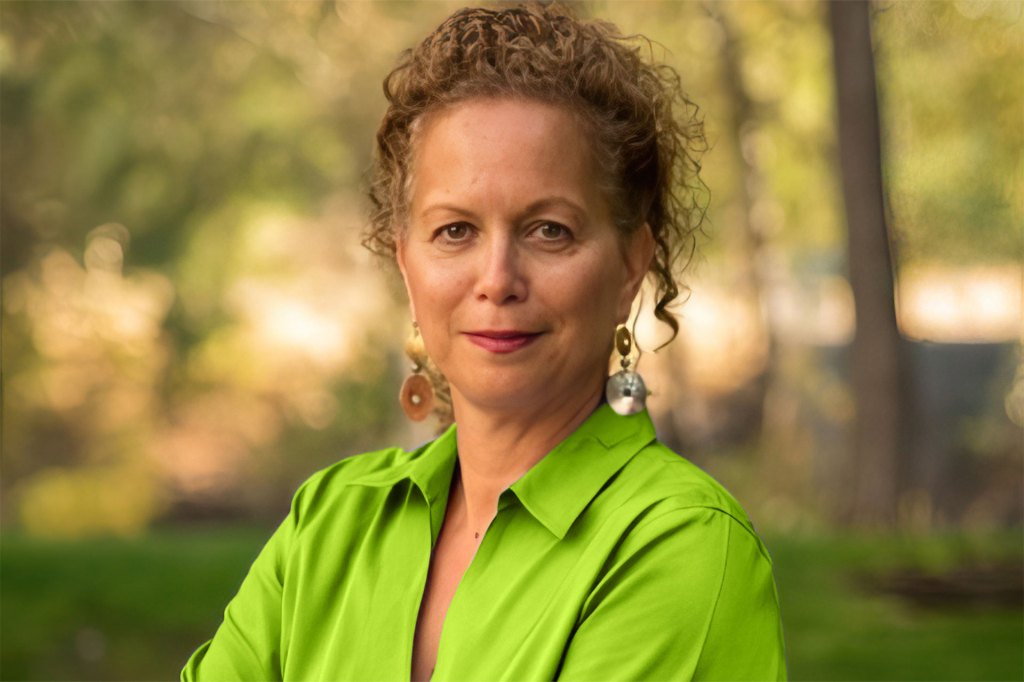
Blossom Johnston does good by strengthening nonprofits in rural Idaho
Blossom Johnston’s strong connection to nature in rural communities, and her passion for children, led her to Idaho almost 40 years ago.
-
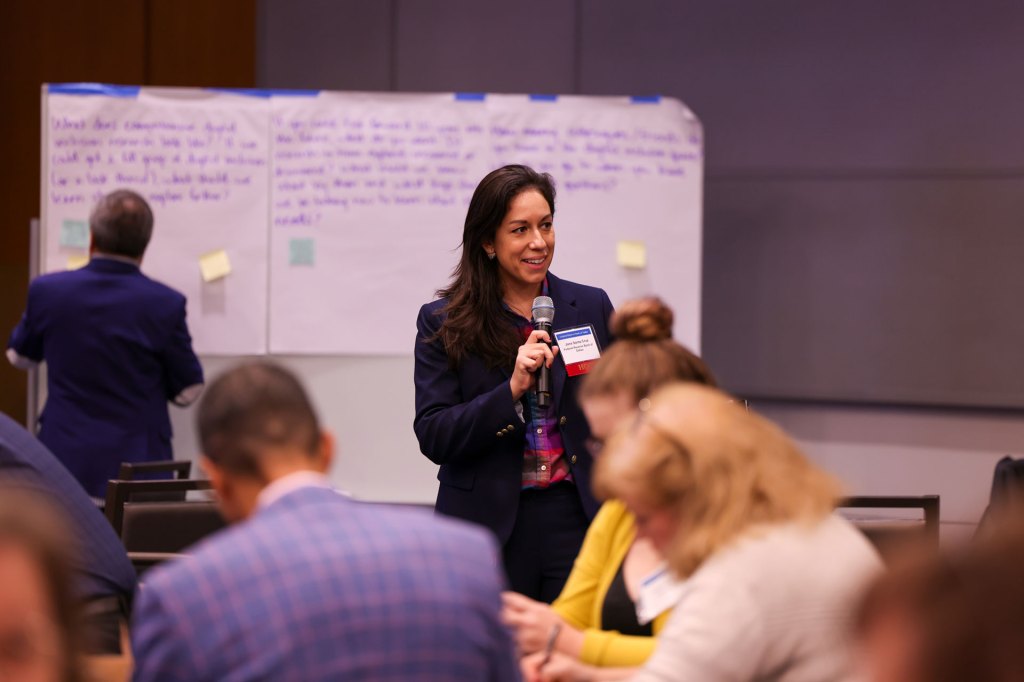
How can research better support digital inclusion?
With digital access becoming increasingly necessary, researchers and practitioners consider the role research plays in informing digital inclusion efforts.
-

When ‘mobile’ means buses or a horse and buggy: Innovative solutions to banking deserts
Two community banks, Bank of Bird-in-Hand and BankOnBuffalo, combat banking deserts in a unique way by bringing access to financial services to the communities that they serve.
-
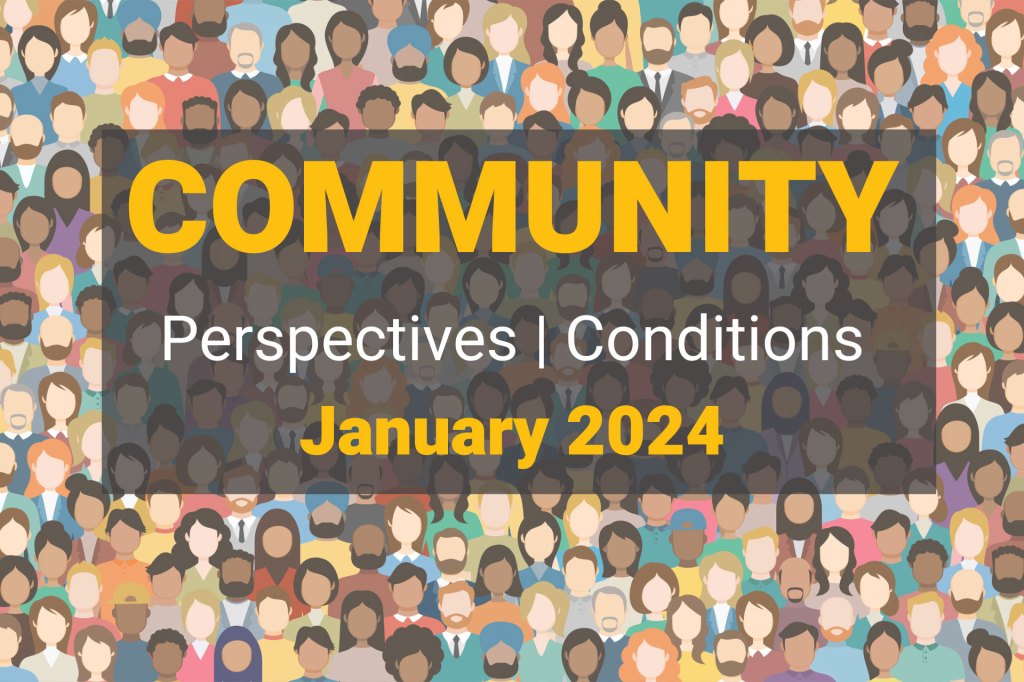
Community perspectives and conditions from the Fed’s Beige Book, January 2024
Here’s what nonprofit and community leaders, and workforce professionals serving lower-income people shared with the Federal Reserve for the January 2024 Beige Book.

